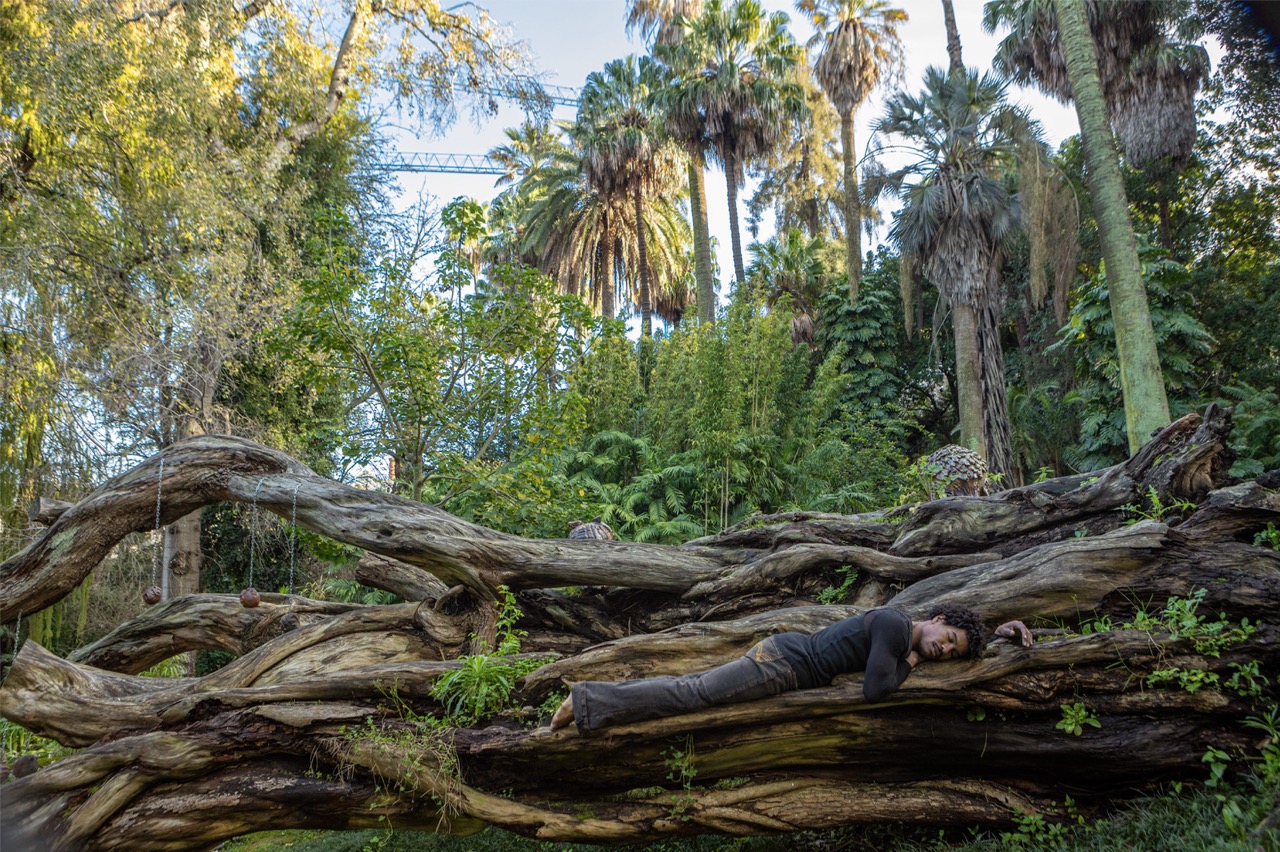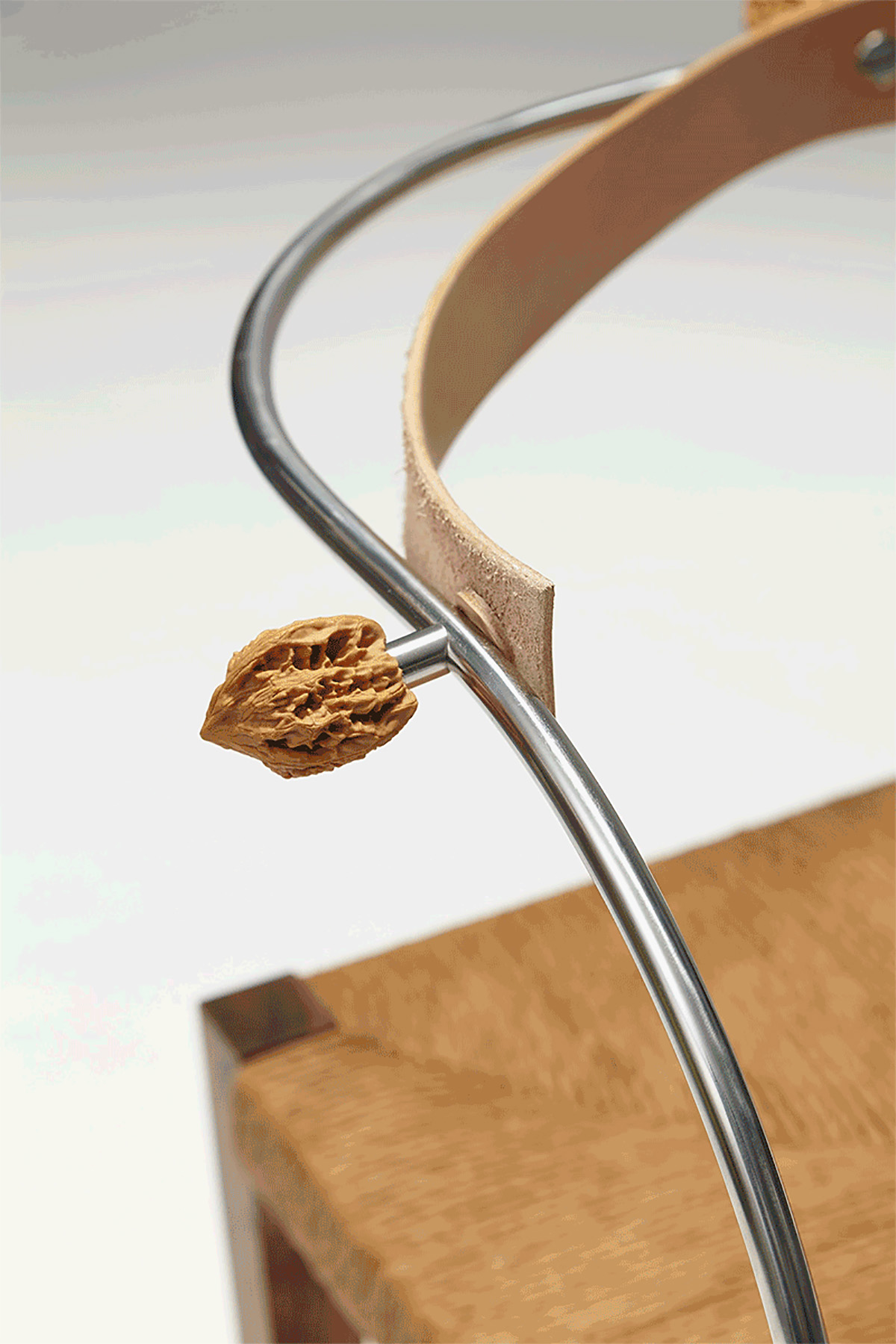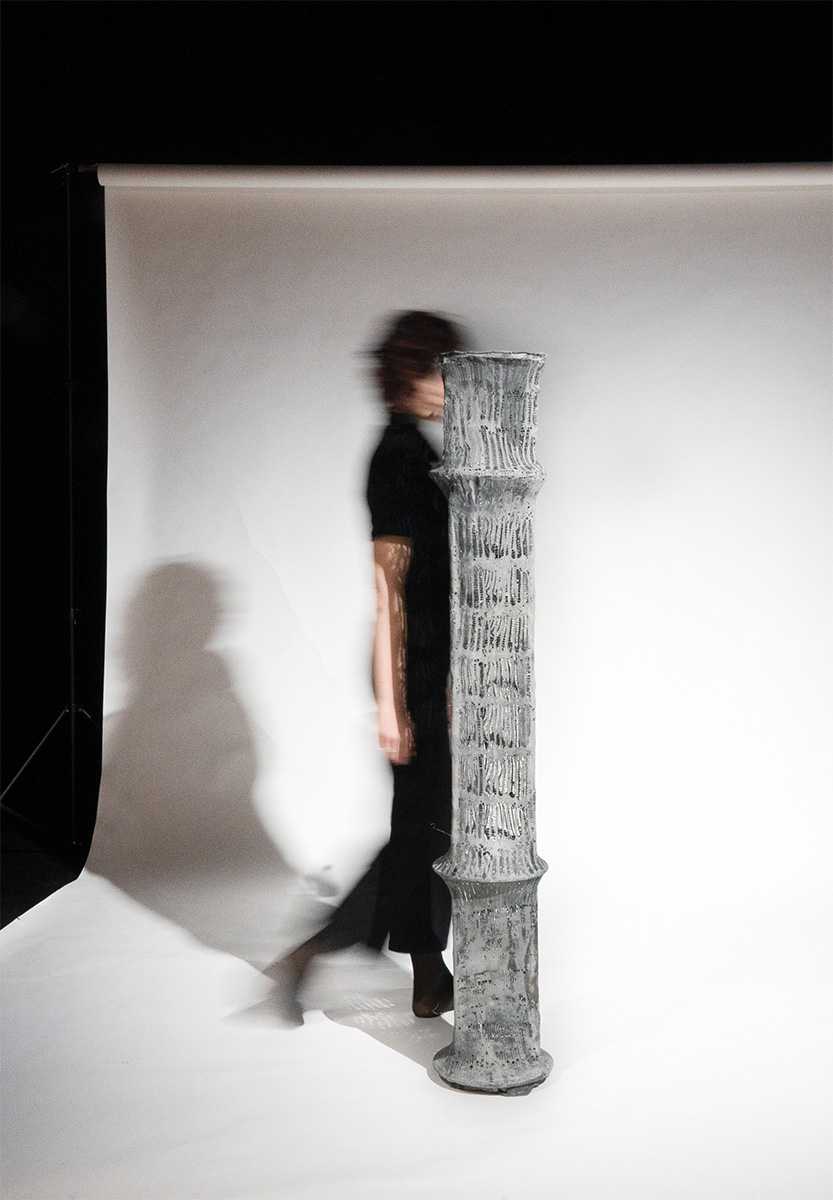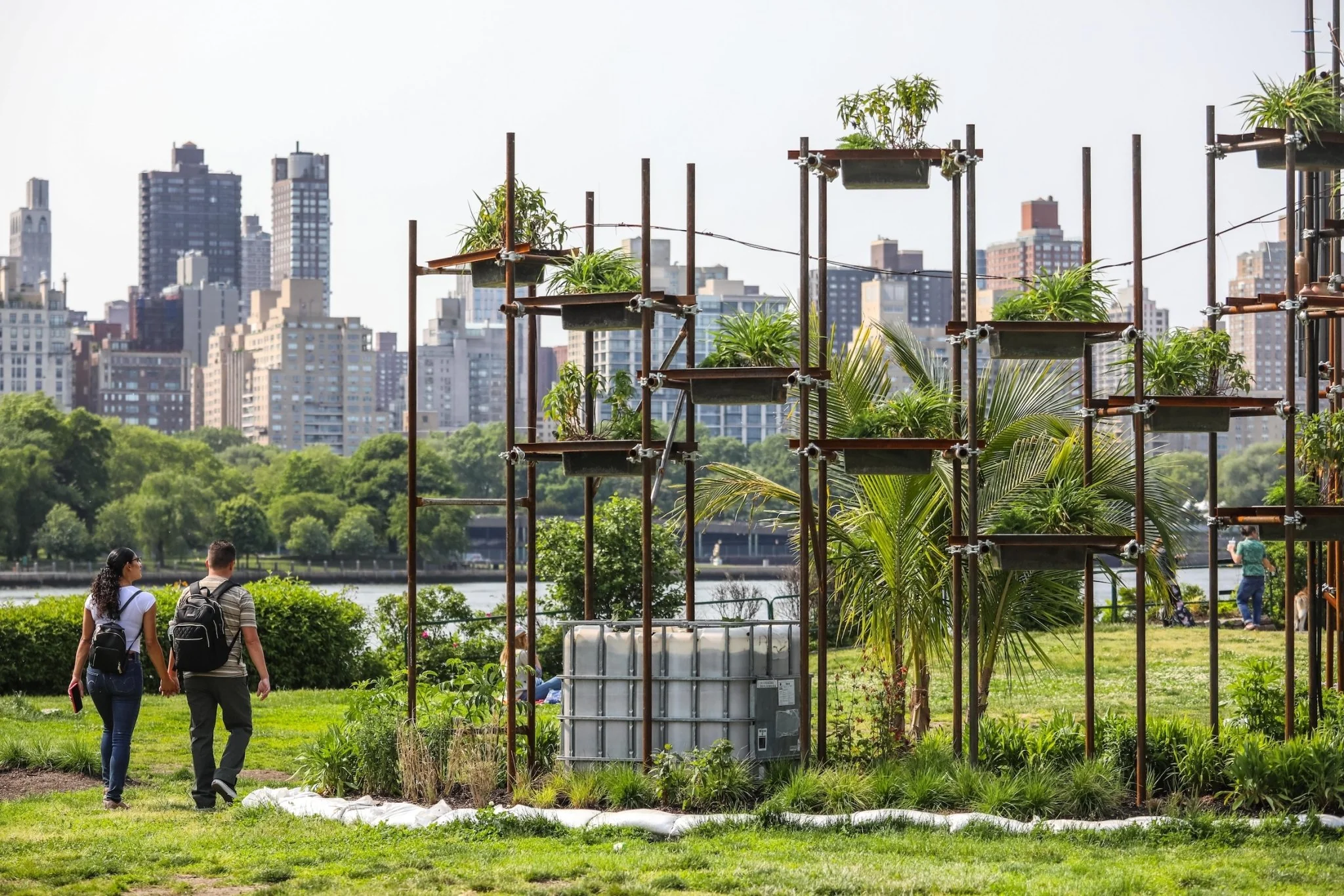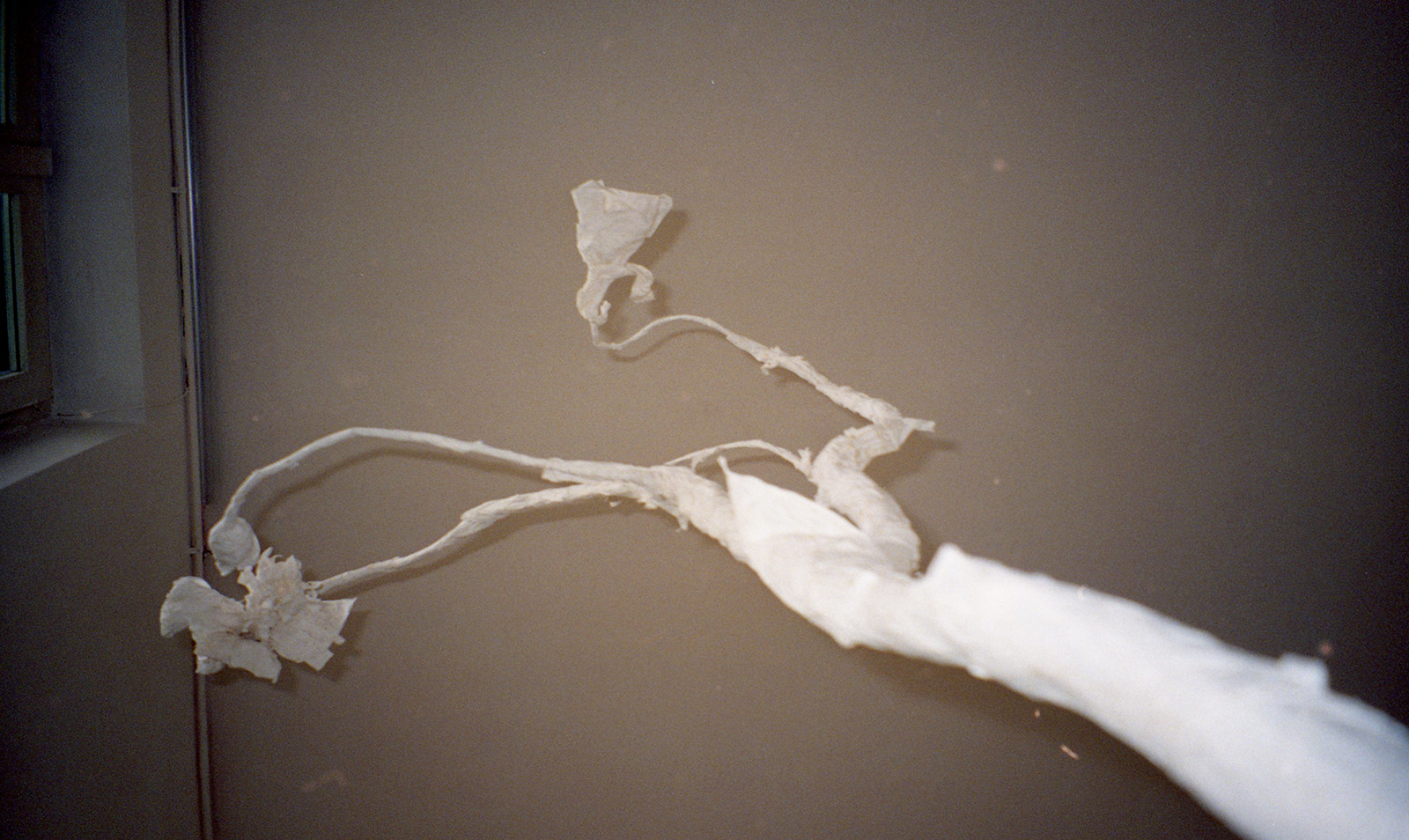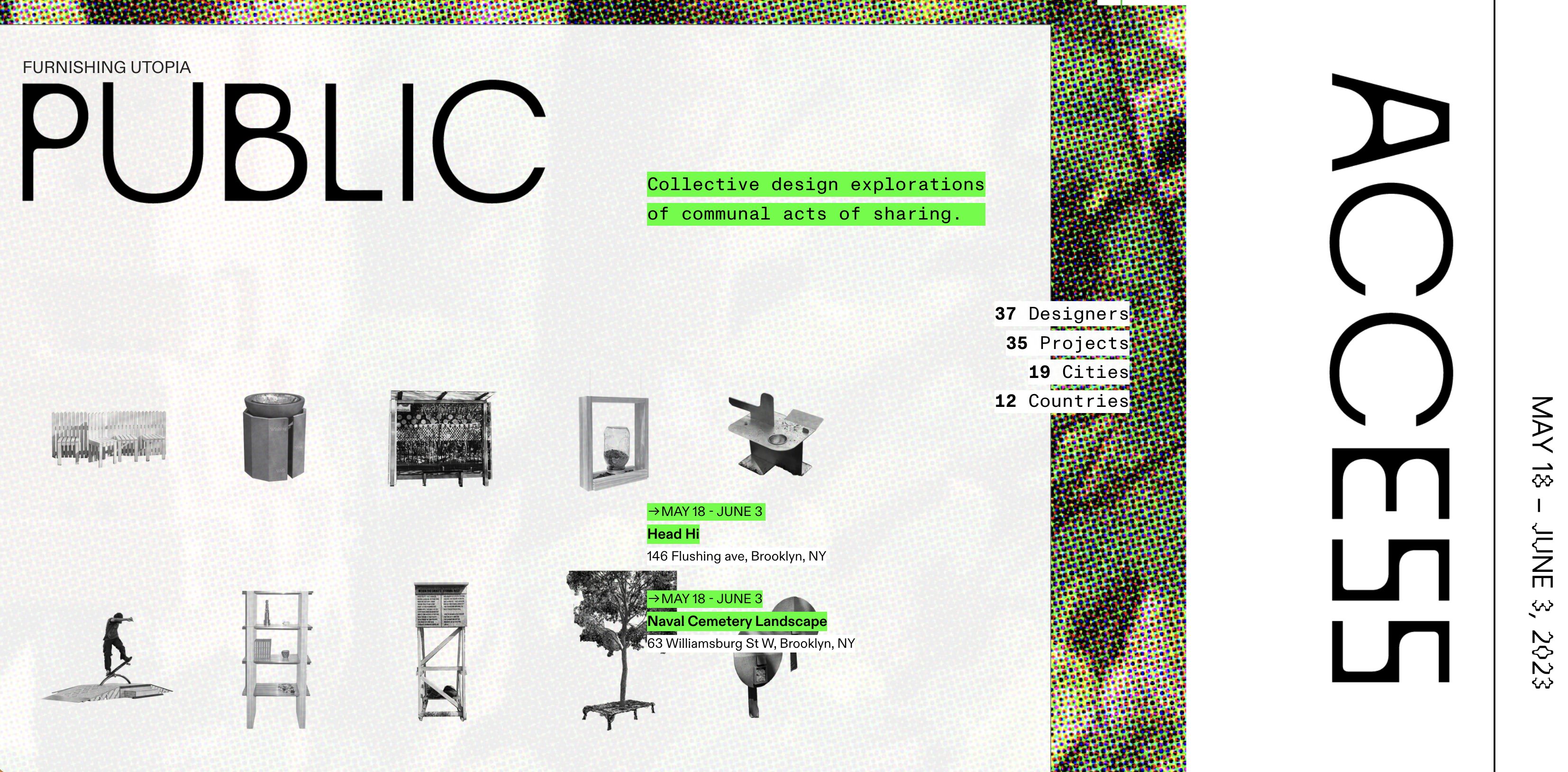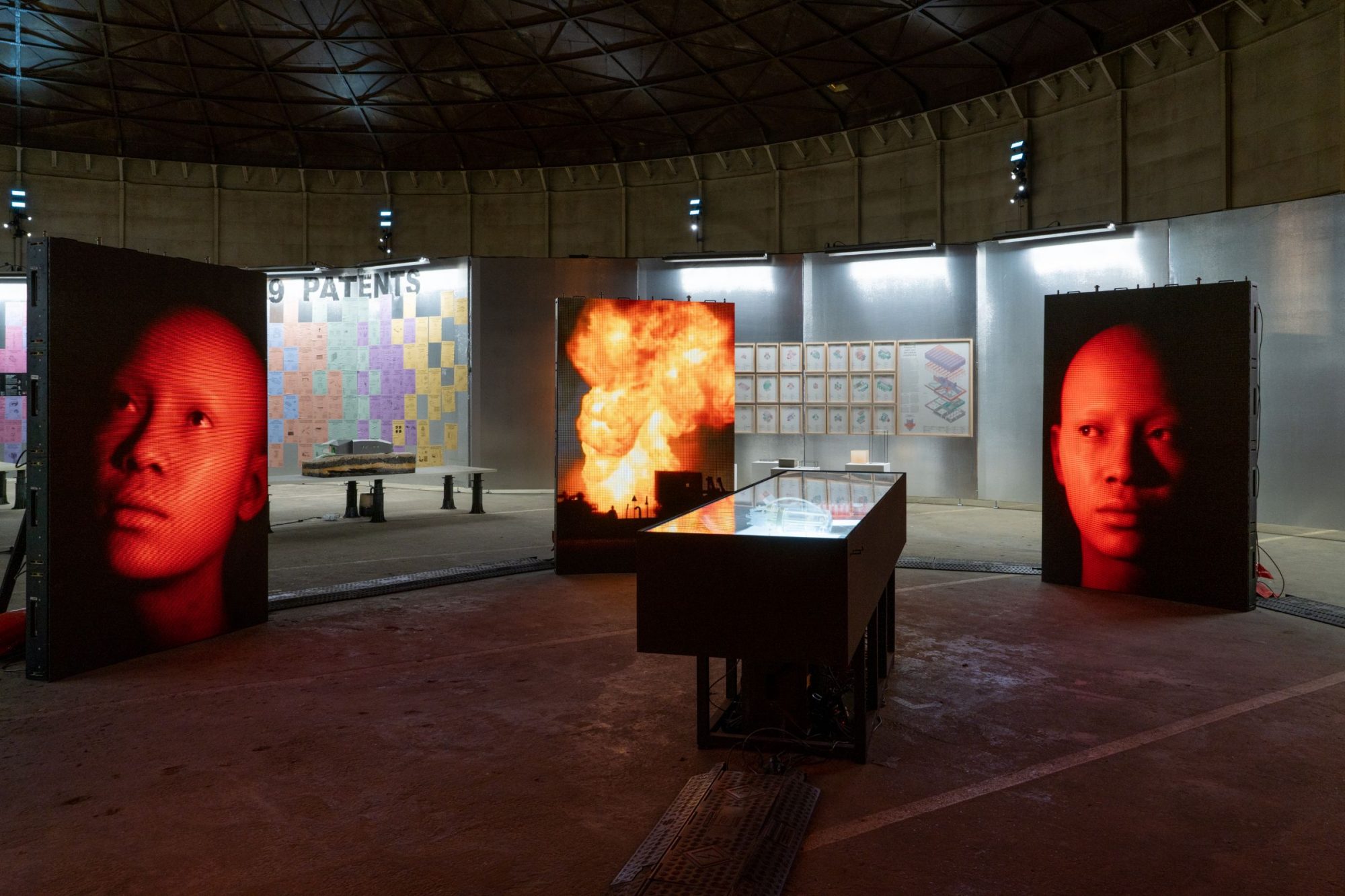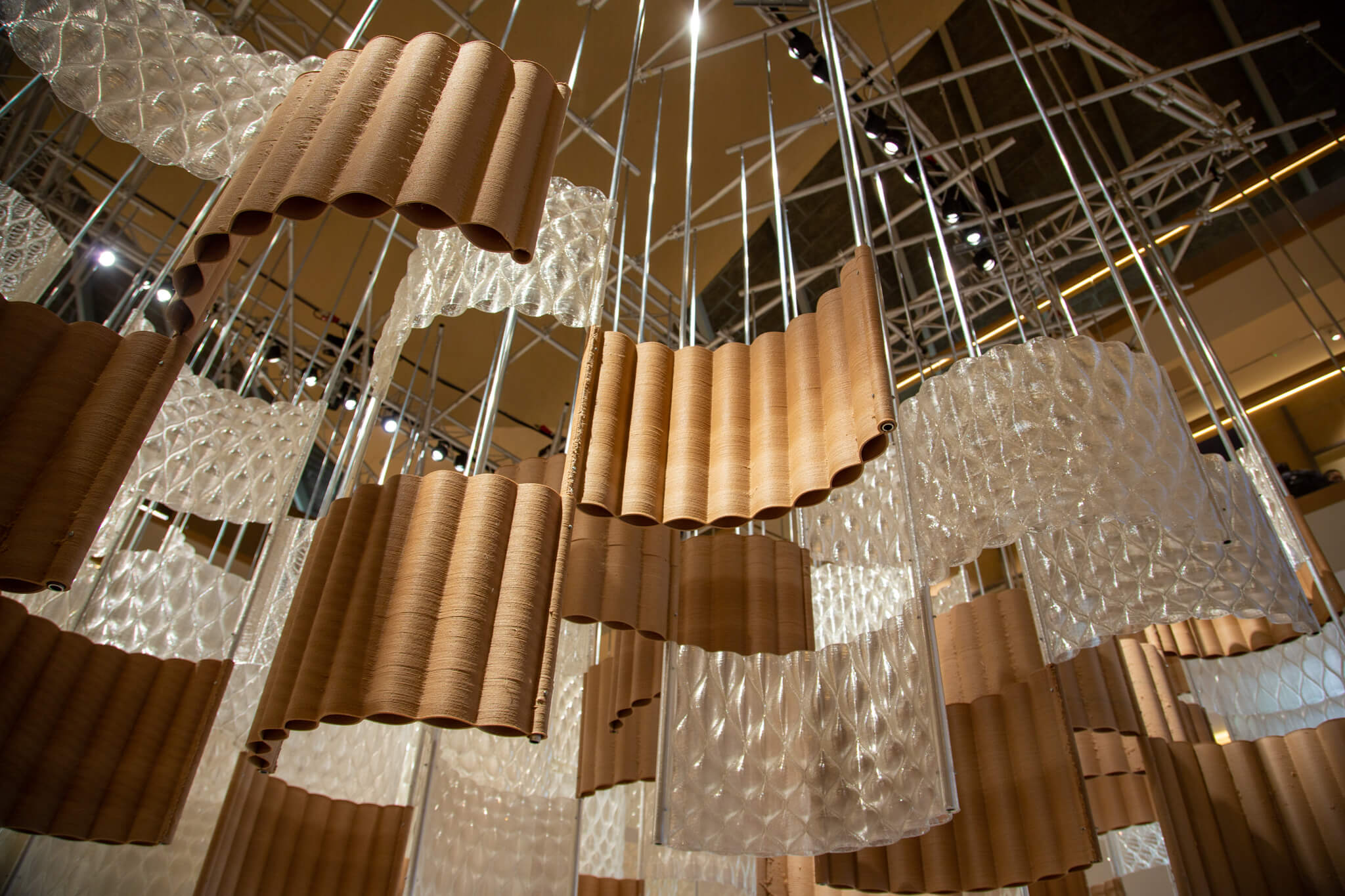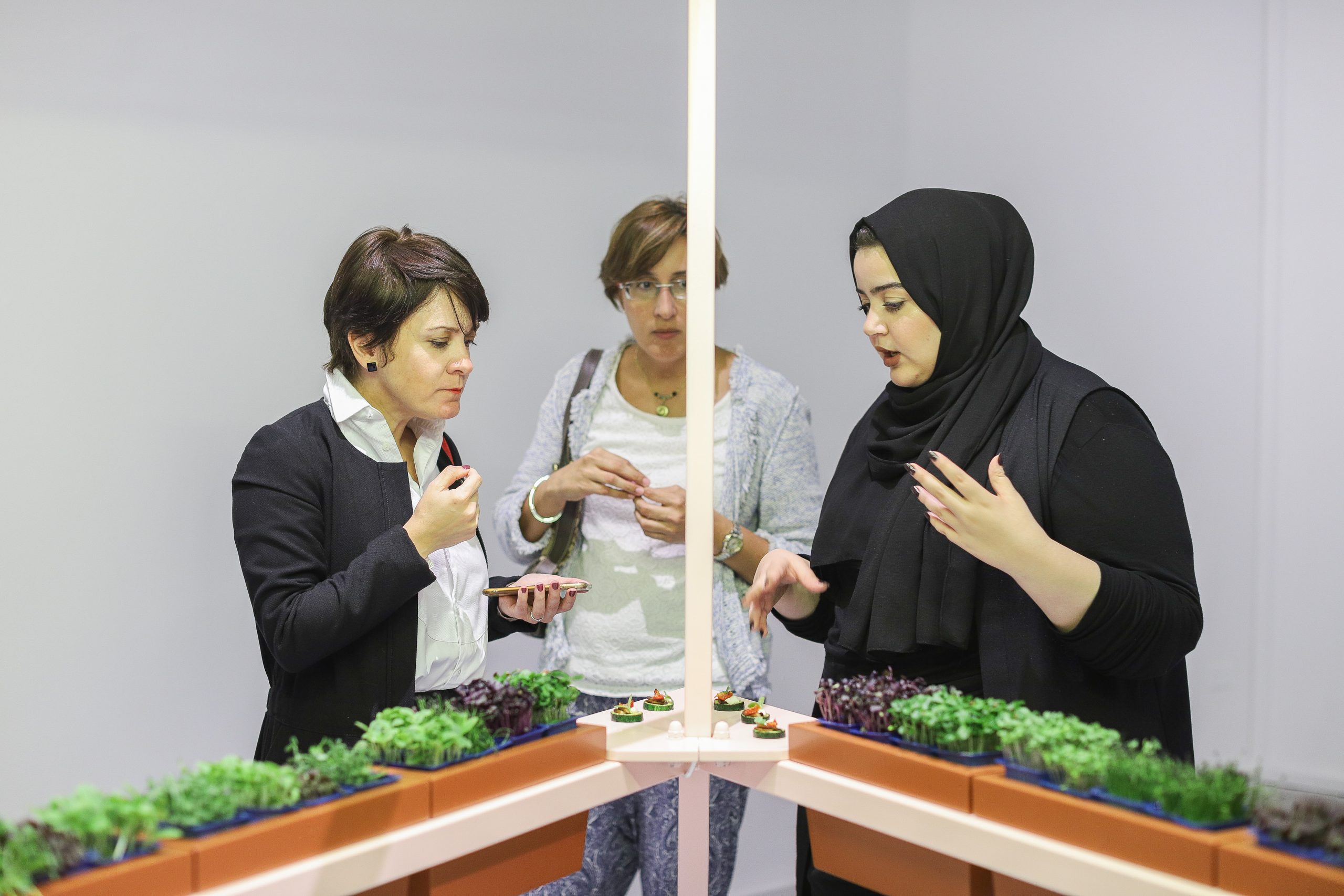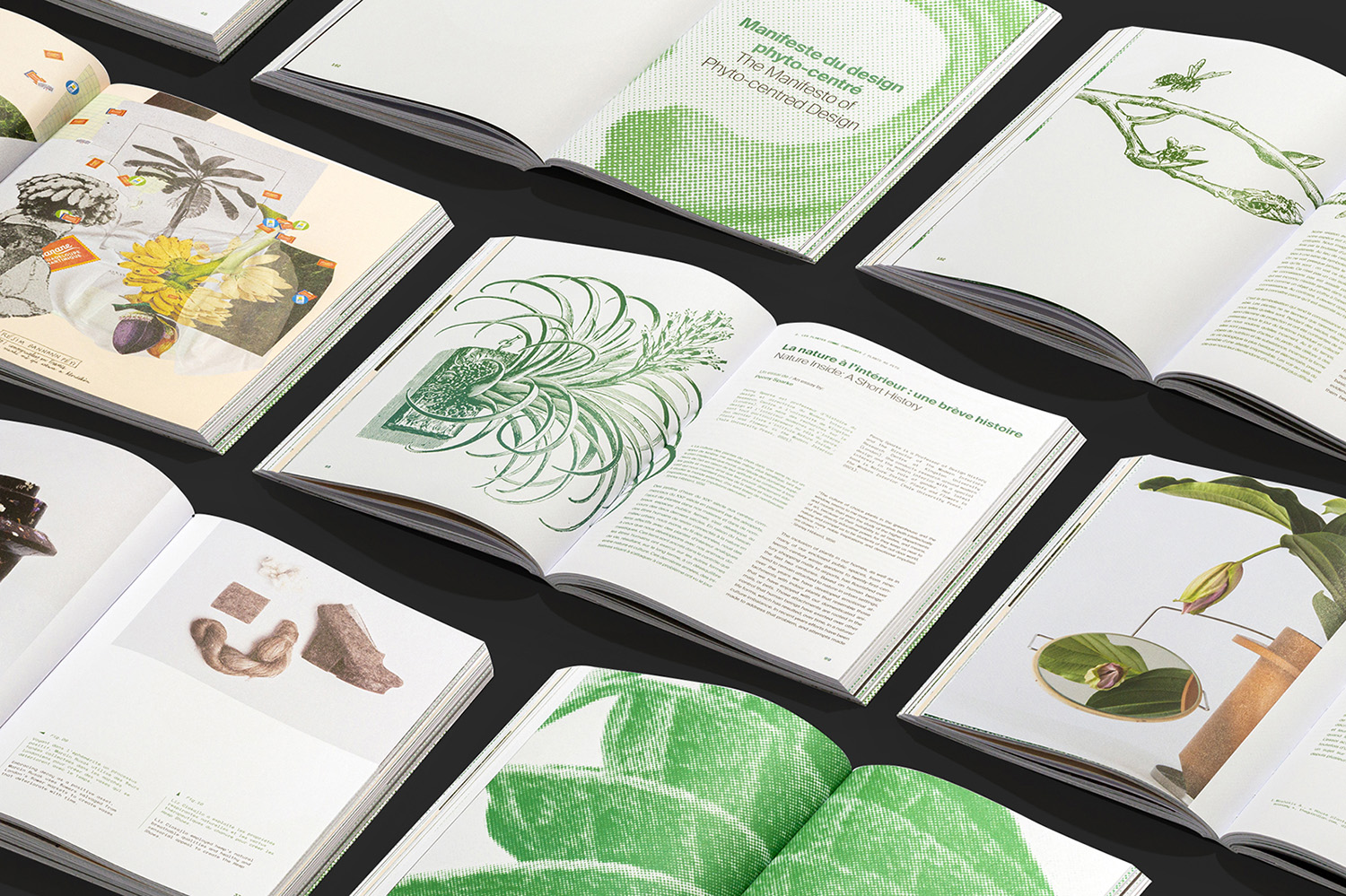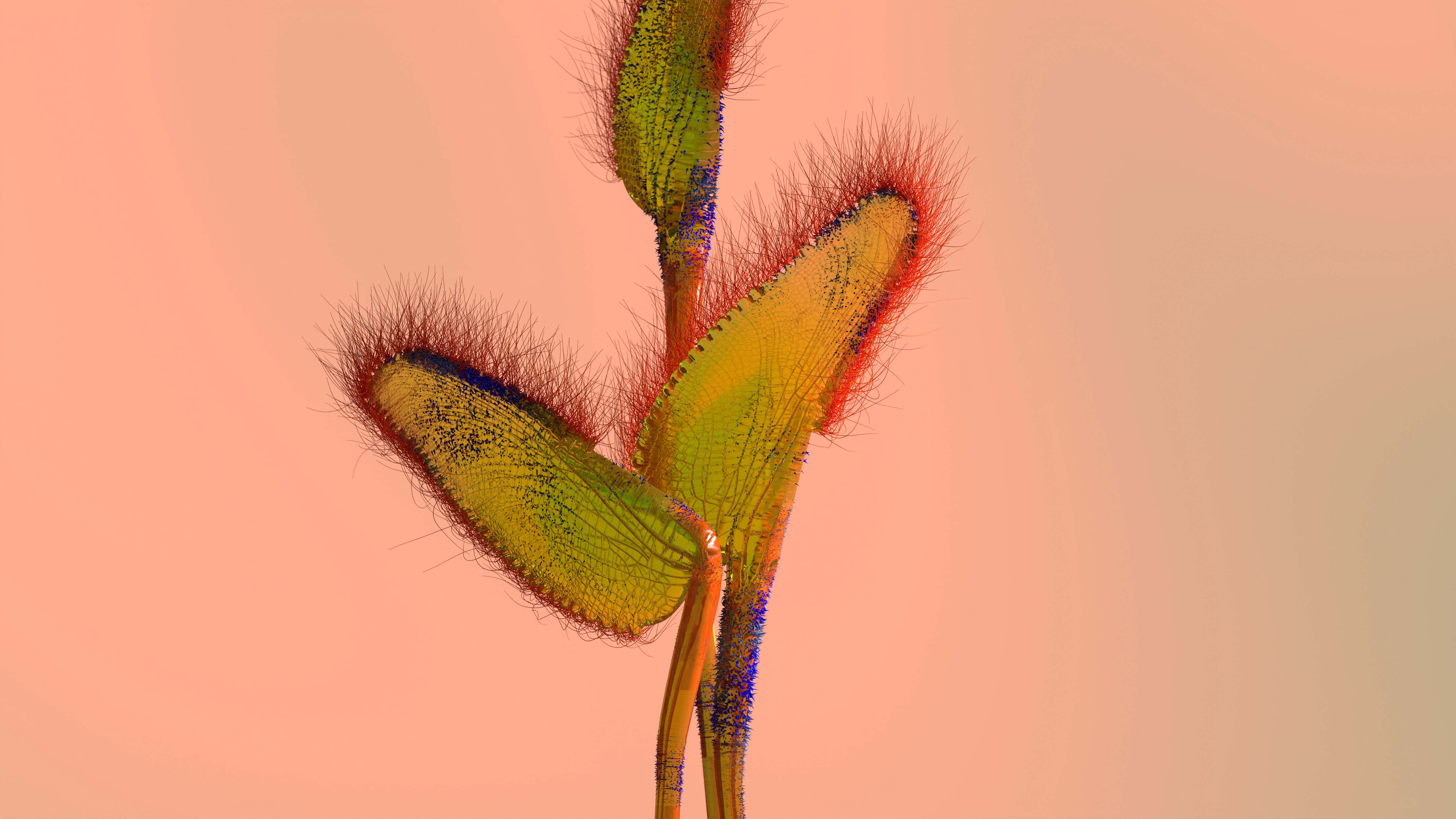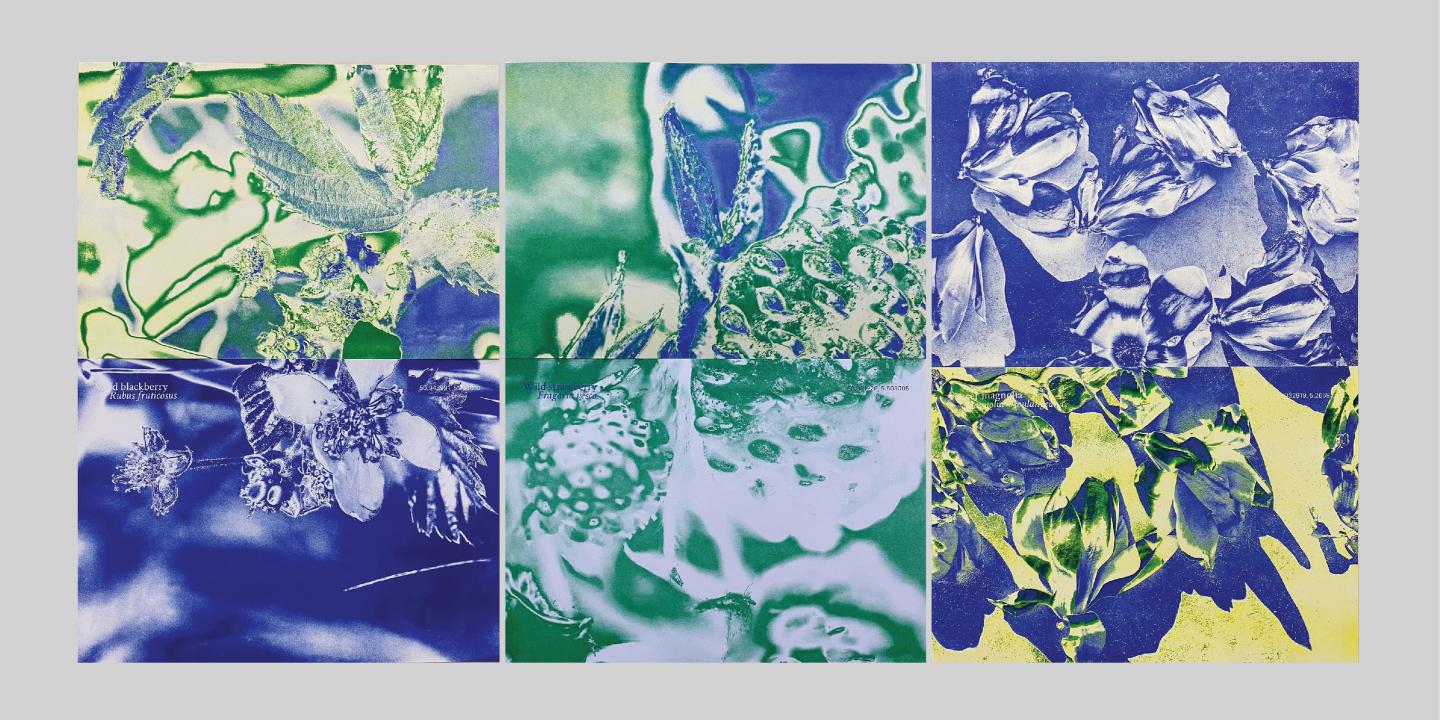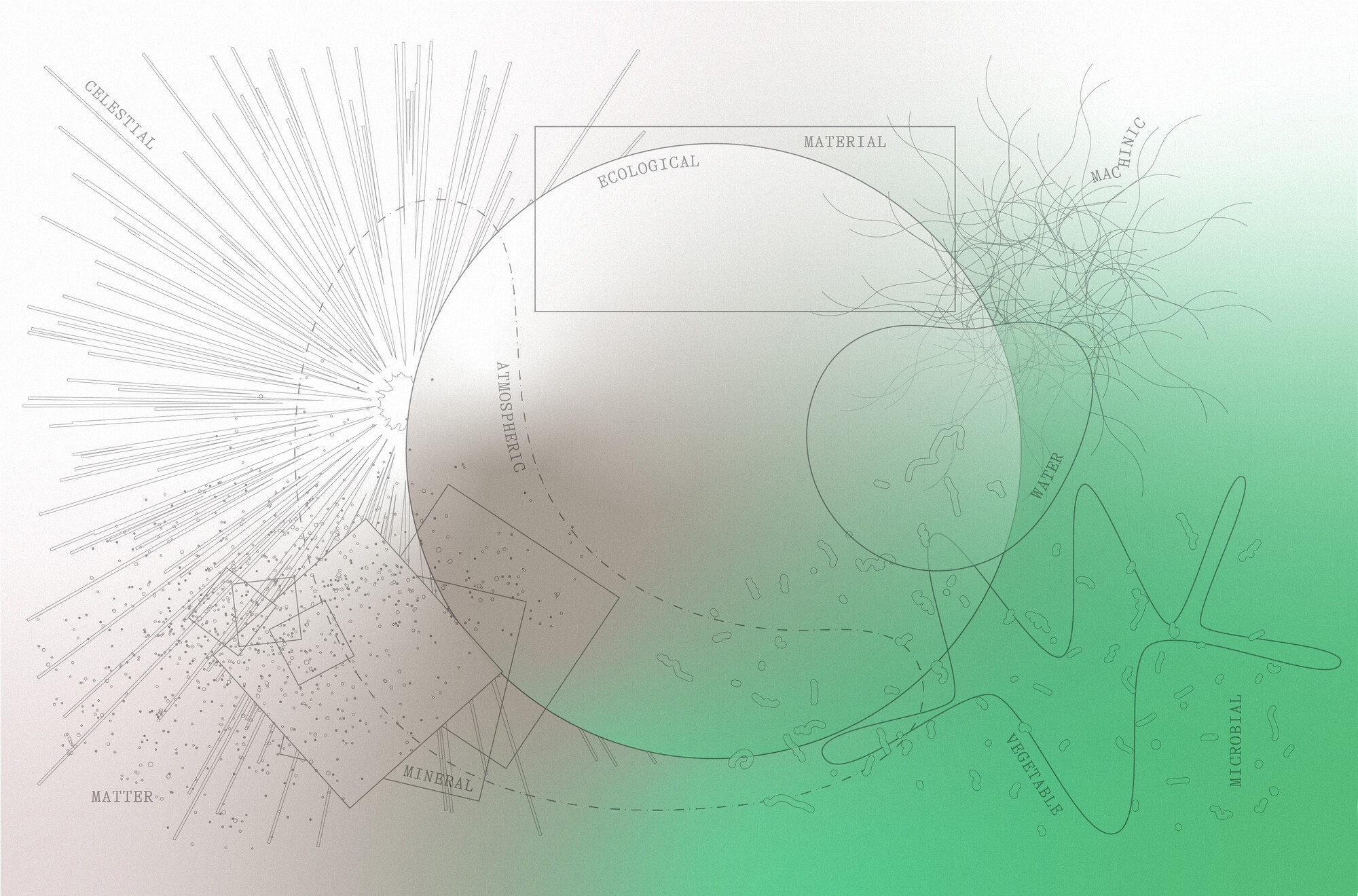Among the works presented at last weekend’s LA Design Festivalwas Ghatit Studio’s vertical garden installation, a project that explored the augmentation of urban architecture with greenery. Founded by Adham el Ghatit, the architecture and design studio focuses on developing architectural ideas that will positively impact society. Ghatit spoke with MOLD about what inspired his vertical garden, and how he designed an installation that would emulate an urban park in the middle of ROW DTLA.
Adham el Ghatit’s vertical garden project used a timber framed structure and screens to provide privacy and shade for festival-goers walking the streets. While the installation drew on the design of adjacent buildings in ROW DTLA as inspiration for its three-dimensional grid-based architecture, Ghatit noted that “urban spaces can be hard and somewhat static environments, but with the addition of plants and nature they can become an enriching experience for pedestrians.” The architect also considered farmers’ markets while developing his design, telling MOLD that he was drawn to “how farmers’ markets in California use public spaces” and produce thoughtful, constructed environments made up of vegetation.
Each “module” in Ghatit’s installation housed different types of plants that hung from the structure or sat on the ground. Ghatit emphasized that the distinct character of each module, and the idea behind the project, was intended to showcase the different attributes and uses of a variety of plant life. While one module contained a sensory plant experience, “others highlighted native flora, foliage that improves air quality, and… the possibilities for urban farming.”
The vertical garden didn’t just limit itself to active plant life, it also included places for visitors to relax and read books on botany, parks and urban gardening. This addition to the installation cultivated a deeper layer of thought in the project, prompting individuals to consider what else they could learn about plants, or how they might incorporate more greenery into the urban spaces that they usually occupied. This plant-centric consciousness is evident in Ghatit Studio’s other projects (most recently, in a sustainable urban park in Abu Dhabi), as the studio works to build connections between the natural world and urban environments.




